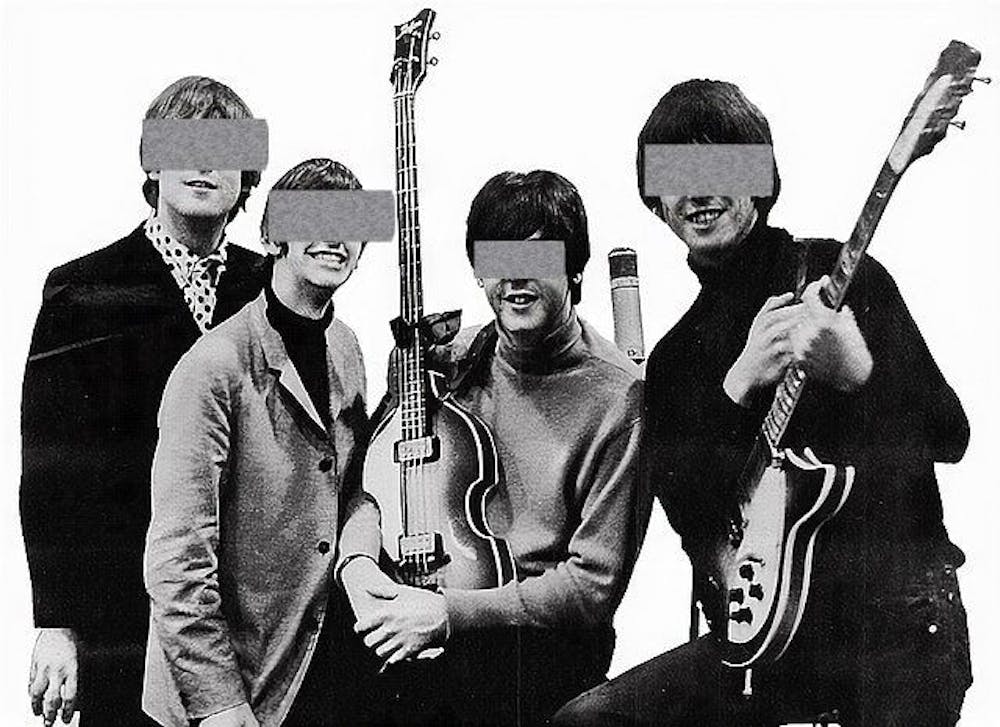Nobody back in the Beatles’ heyday would have predicted that in the year 2023, they’d be able to open up Spotify on Friday and see a brand new Beatles release. They also would have a lot of questions about Spotify and the strange hyper-intelligent block (known as a “smartphone”) that played the song, but that’s beside the point.
This past Thursday, the Beatles dropped their new track, “Now and Then.” The song was revived from a demo made by the late John Lennon in the 70s and given to his bandmates by his widow, Yoko Ono. In the 90s, the three (at the time) remaining Beatles attempted to reproduce the track for their “Anthologies” album, but the technology just wasn’t there.
Now, with the help of artificial intelligence (AI), the two remaining Beatles were able to properly extract Lennon’s vocals from the demo’s instrumentation. This allowed “Now and Then” to happen now, even though it couldn’t happen back then.
UB students grappled with the ethical implications of this release and the role of AI in making the song possible.
The first issue at hand was posthumous releases, given that there’s only two Beatles left standing at the time the “band” released “Now and Then.”
“It’s kind of odd. I feel like that’s kind of not right,” Aliyah Duff, a freshman political science major, said. “Only because who’s to say if they were still alive [that] they would want that out.”
Other students were willing to “Let It Be.”
“They made music for a reason for the public to see. If there’s consent from their family or someone close to them, I feel like it’s OK,” Nicole Kennedy, a sophomore biology major, said. “Because when you make music in the first place it’s to be shared to the public, but at the same time, maybe not because some music is also personal.”
Students were still unsure even with the knowledge that Yoko Ono gave the “Threetles” the “Now and Then” demo in the 90s and that their estates OK’d the release.
“Unless it was in writing, that could be used,” Duff said. “It’s just morally not really right.”
Most students, across the board, were skeptical about the use of AI to produce the new track.
“I think it’s creepy and weird. It’s kind of disrespectful to the legacy that they left behind,” Ryan Donnellan, a freshman chemical engineering major, said. “[But] if they’re fine with somebody reproducing stuff that isn’t really theirs after they’re gone, then I would say yeah.”
“I don’t really like when technology comes into art,” Kennedy said. “Music is so genuine that when you involve AI, it kind of ruins that a little bit.”
The fact that AI was only used to extract, but not to reproduce Lennon’s vocals, put students at ease.
“If it’s not like an AI-generated voice, then I guess it’s fine,” Kennedy reasoned.
It really might be “Strawberry Fields Forever” — until their estates run out of unreleased demos.
Alex Novak is the senior arts editor and can be reached at alex.novak@ubspectrum.com
Alex Novak is a senior arts editor at The Spectrum.





